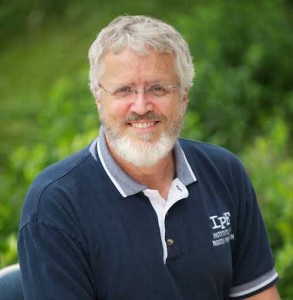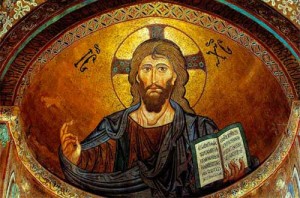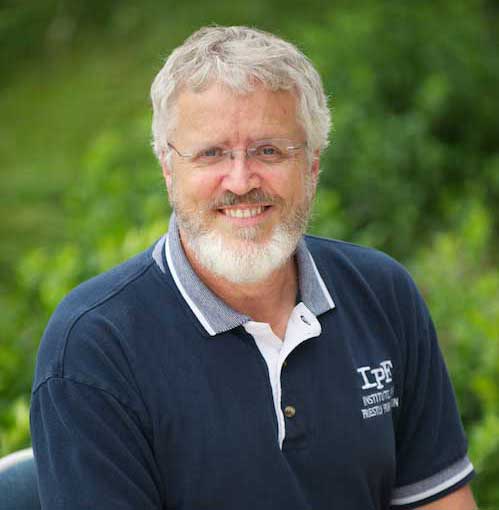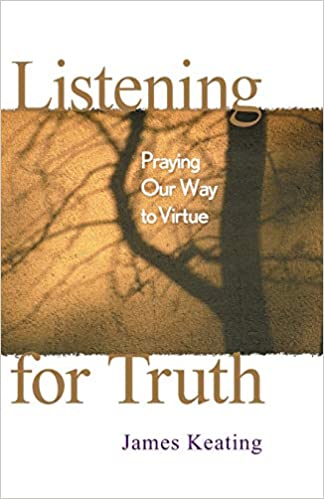Podcast: Play in new window | Download (Duration: 30:41 — 21.2MB) | Embed Subscribe: Apple Podcasts | Spotify | Amazon Music | Android | Pandora | iHeartRadio | JioSaavn | Podchaser | Gaana | Podcast Index | Email | TuneIn | Deezer | Anghami | RSS | More
Episode 2 -Baptism: Born from Above– The importance of the name we are given at baptism. The role and significance of godparents.
Deacon Keating takes a careful look at the Baptismal Rite and offers prayerful reflection and insight to help us live out the faith and nurture the domestic church.
From the Baptismal Rite for Children:
From the earliest times, the Church, to which the mission of preaching the Gospel and of baptizing was entrusted, has baptized not only adults but children as well. Our Lord said:
‘Unless a man is reborn in water and the Holy Spirit, he cannot enter the kingdom of
God.’ The Church has always understood these words to mean that children should not
be deprived of baptism, because they are baptized in the faith of the Church, a faith proclaimed for them by their parents and godparents, who represent both the local Church
and the whole society of saints and believers: ‘The whole Church is the mother of all and the mother of each.’To fulfill the true meaning of the sacrament, children must later be formed in the faith in
which they have been baptized. The foundation of this formation will be the sacrament
itself that they have already received. Christian formation, which is their due, seeks to lead
them gradually to learn God’s plan in Christ, so that they may ultimately accept for themselves the faith in which they have been baptized
Deacon James Keating, Ph.D., is a professor of Spiritual Theology and serves as a spiritual director at Kenrick Glennon Seminary in St. Louis, MO.
More episodes of Baptism: Born from Above with Deacon James Keating Ph.D.
Check out Deacon Keating’s “Discerning Hearts” page
Deacon Keating is also the author of:
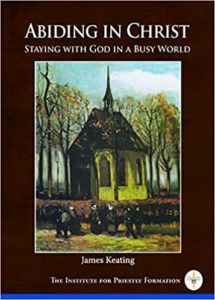 You can find the book here.
You can find the book here.
(A great gift for clergy)
From the book description:
Deacon James Keating’s book Abiding in Christ: Staying with God in a Busy World is a how-to-pray resource. This book helps readers to find a quiet space wherein they can be present to God and offers suggestions of how they can be more open to God s movement within them.

